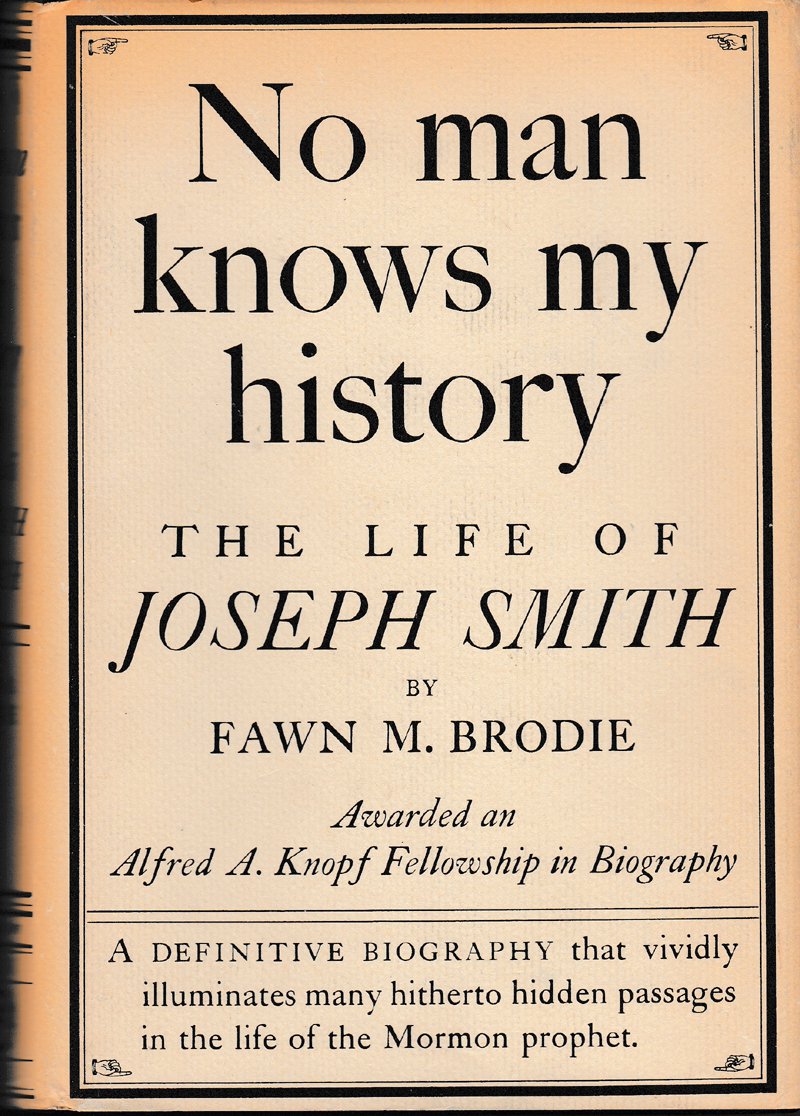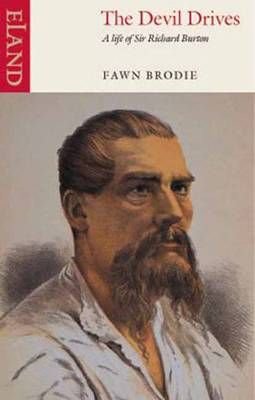
To answer that question satisfactorily, seekers need to know all the evidence and examine it for themselves. With so much at stake, Joseph’s accounts have been examined and questioned. He was the only witness to what happened and therefore his own statements are the only direct evidence. It is vital to recognize that only Joseph Smith knew whether he experienced a vision in 1820. In fact, many find the rich documentation of the First Vision a good reason to believe him. The multiple accounts need not lead one to disbelieve Joseph Smith. However, another view, using the very same evidence, finds Joseph’s vision well and richly documented. Critics contend that the multiple accounts of Joseph Smith’s vision are inconsistent with each other or with historical facts and find in them an evolving story that becomes more elaborate over time. The known historical record includes five different accounts in eight statements (three of the statements are nearly identical to others) of the vision in Joseph’s papers, and a few other hearsay accounts in the papers of people who heard him tell of it. Joseph Smith’s First Vision may be the best documented theophany (vision of God) in history. Courtesy of Church History Museum, Salt Lake City.) "In accordance with this, my determination to ask of God, I retired to the woods to make the attempt" (Joseph Smith-History 1:14). This essay invites readers to question these unproven assumptions, placing higher priority on the testimonies of the only eyewitness, rather than the attacks of expert witnesses brought in by the prosecution to testify that he did not see what he said he did. So it became a foregone conclusion that Joseph failed to mention his vision for years and then gave conflicting accounts that did not match historical facts.

Wesley Walters charged Joseph with inventing revivalism when there was none.

Fawn Brodie wrote with literary grace to mask her historical deficiencies that Joseph concocted the vision years after he said it happened. The minister to whom Joseph reported the event announced that there were no such things in that day.


All of them begin with the premise that it simply could not have happened. There are essentially three arguments against the First Vision. Millet (Provo, UT: Religious Studies Center, Brigham Young University Salt Lake City: Deseret Book, 2011), 63–75. Harper, “Suspicion or Trust: Reading the Accounts of Joseph Smith’s First Vision,” in No Weapon Shall Prosper: New Light on Sensitive Issues, ed.


 0 kommentar(er)
0 kommentar(er)
